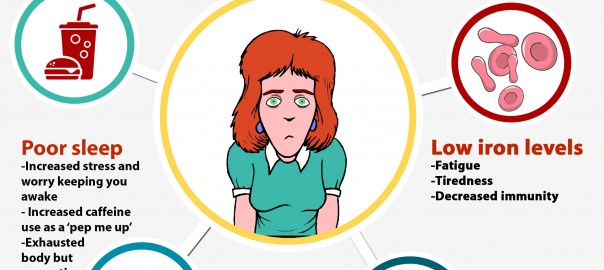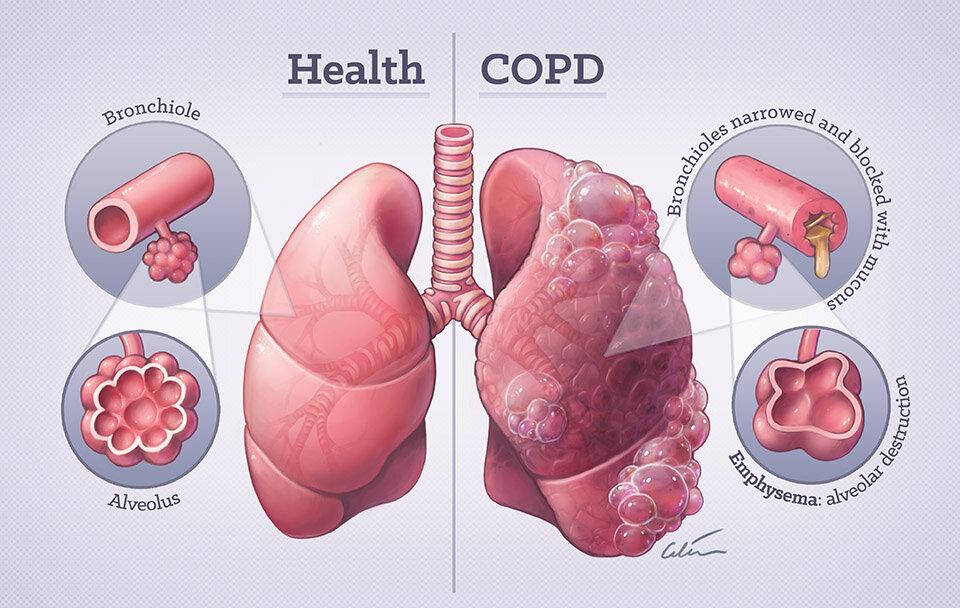Feeling tired all the time is incredibly common, and there are many potential causes. It could be a sign that you’re not getting enough sleep, or it could be a symptom of an underlying health condition. It’s also possible that your lifestyle choices are to blame. Here are some reasons why you might be feeling exhausted all the time:
You’re not getting enough sleep
If you’re finding yourself feeling tired all the time, it’s likely that you’re not getting enough sleep. Most adults need around 7-8 hours of sleep per night, but many people don’t get anywhere near that much. If you’re regularly skimping on sleep, it’s no wonder you’re feeling tired all the time. Not getting enough sleep can have a major impact on your overall health and well-being, so it’s important to make sure you’re getting enough shut-eye. There are a few simple things you can do to help ensure you get a good night’s sleep, such as avoiding caffeine in the evening, establishing a regular bedtime routine, and making sure your bedroom is dark and quiet. By making some small changes, you can help yourself get the restful sleep you need to feel your best.
You have a medical condition like anemia
If you find yourself constantly tired, it could be a sign that you have a medical condition like anemia. Anemia is caused by a lack of iron in the blood and can lead to fatigue, pale skin, and shortness of breath. If you think you might have anemia, your doctor can perform a simple blood test to confirm the diagnosis. The good news is that anemia can be treated with iron pills, which are available over the counter. So if you’re feeling tired all the time, be sure to talk to your doctor and ask about being tested for anemia. By getting treatment, you can start feeling better and getting more out of life.
You’re stressed
Being tired all the time can be frustrating and make it difficult to get through the day. If you’re struggling with fatigue, it’s important to understand the potential causes. One common reason for feelings of exhaustion is stress. When you’re under a lot of pressure, your body releases hormones that can lead to physical and emotional fatigue. In addition, stress can interfere with sleep and make it difficult to get restful sleep. If you’re constantly feeling stressed, try to take some time for yourself each day to relax and de-stress. You might also want to consider talking to a therapist, who can help you manage your stress in a more effective way.
You have a poor diet
If you’re constantly feeling tired, it could be a sign that your diet isn’t providing you with the nutrients you need. Eating a healthy, balanced diet is crucial for maintaining energy levels. Make sure to include plenty of fresh fruits and vegetables, whole grains, and lean protein in your meals. Also, limit your intake of sugary and processed foods, as these can cause a quick spike in energy followed by an inevitable crash. If you think your diet may be to blame for your fatigue, talk to a registered dietitian or nutritionist who can help you make healthier choices.
You’re not exercising
Exercise is a great way to boost energy levels, so if you’ve been leading a sedentary lifestyle, it could be contributing to your tiredness. If you think this might be the case, try making a point of getting some exercise every day, even if it’s just a short walk. You may find that it makes a big difference to your energy levels.
You have an imbalance of hormones
Hormonal imbalances can cause fatigue, particularly in women during times such as pregnancy or menopause. If you suspect your hormones might be out of sync, it’s worth speaking to your doctor. Hormone levels can fluctuate for a variety of reasons, including stress, diet, and exercise. Luckily, there are often simple lifestyle changes that can help to get your hormones back in balance and give you some much-needed energy.
You’re drinking too much alcohol
If you’re finding that you’re chronically tired, it might be time to take a look at your alcohol consumption. It’s true that a glass of wine or a beer can sometimes make you feel drowsy, but alcohol actually interferes with sleep and can leave you feeling exhausted the next day. If you’re drinking more than moderate amounts of alcohol, it could be making your fatigue worse. Alcohol disrupts the natural sleep cycle and prevents deep, restful sleep. So if you’re struggling with fatigue, it’s worth cutting back on the booze and seeing if that makes a difference. You might find that you feel more rested and energized without it.







